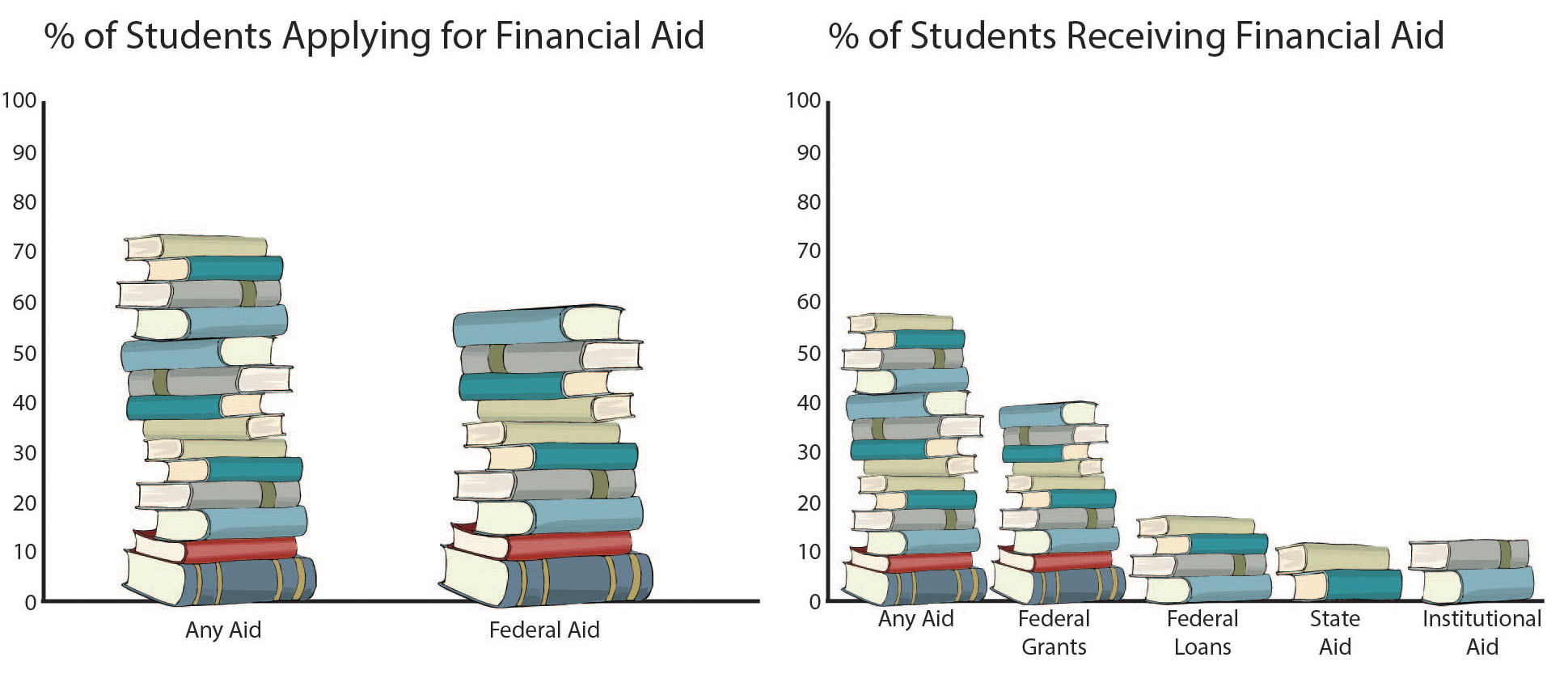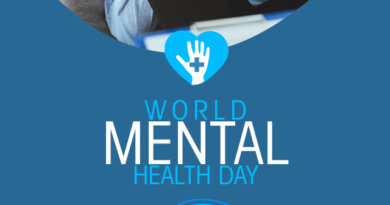Students react to Obama’s community college proposal

Bluedevilhub.com Staff–
College applications have been sent out and second semester is well under way for most seniors, yet obstacles concerning college still loom overhead for many seniors. The main issue, now, is not being accepted into college, but paying for college.
Because of rising tuition prices in recent years, many students have decided to forego the traditional four-year college plan and instead opt for a two-year community college. President Obama’s proposal to give students two free years of community college was announced on Jan. 8, causing many to rethink the decisions of future generations of students.
Senior Will Butler plans to go to a two-year community college first, then transfer to a UC. He owes this decision to a conversation with a UC Davis student who stressed how hard it is to be admitted into a UC, even with top grades. Butler learned that it was much easier to transfer from a community college to a UC, due to the costs and the lower grade standards.
“If [the proposal] would be enacted in California and in time it would be extremely nice because there is still a cost to community college for the first two years before transferring in, and what he is proposing would benefit me greatly,” Butler said.
Although costs to college are rising, senior Jose Luis Flores still plans to get a full education. He believes an education is an invaluable opportunity, as he hopes to become a physical therapist.
“Education is a way to excel in life, a way to know reasons and why we do stuff. I think it’s important for every person to know as much as they can and further their life because in this country it’s all about education and what you can do,” Flores said.
Senior Logan James is of a similar mindset, as he too emphasizes the benefits of college. James argues that paying for students’ educations not only benefits the students themselves but also the communities in which these students live.
“I think an education is something that gives us the ability to fight for our rights, to fight for the things that make America better, to want to make America better, to want to make this world better, to improve our day to day life, to improve to improve our brother and sisters and neighbors and to make this world a better place to live,” James said.
Yet although a college education is greatly valued at Davis High, still many are struggling to find the means to attain this education. Career Center coordinator Julie Clayton advises using all means necessary to stay away from student loans, which will only accumulate as time goes by.
“Students should try to do everything they can to avoid loans. Scholarships, financial aid, getting help from family…” Clayton said.
The way the American system has dealt with the policy of student loans is abusive towards the students, James believes. He hopes to stay away from student debt by applying for scholarships, as he hopes to “keep his independence.”
“I think that the current system of abusing people that are trying to get their education, that are trying to improve their quality of life in order to make a profit is pretty bad,” James said. “I think that it will affect my future in a negative way but it’s a cost that I will just have to deal with and many people in my generation will have to deal with.”
College these days are more important than ever, according to senior Ivan Castro. Castro, whose own parents did not attend college, has noticed that it was much easier for them and others forty years ago to find jobs, but notes that today with the emphasis on STEM and other technological fields, finding a job without a college degree is much less likely.
“With the growing technology and as the world tends to depend less on manual labor you really see how having a college degree is a lot more important than 40 years ago,” Castro said.
Yet Castro feels that he is at a disadvantage. Many DHS students come from generations of college graduates, and would-be first generation college students are a minority at DHS. Castro notes how he would have to go to friends or school tutors to ask for help on difficult homework assignments, as his parents were not always able to help him.
“My parents could help me back in second third grade, but once I got to seventh grade I was basically left to fend on my own,” Castro said.
All the while, Castro’s family is extremely supportive of their children getting better and more in-depth educations than they themselves could.
“Most of the adults in my extended family didn’t go to college but like pretty much everyone has been pressuring their kids like, ‘oh yeah you have to go to college, you have to study medicine or something really good,’” Castro said. “But there’s definitely people out there who I know whose parents don’t have the drive to pressure their kids to do it.”
For these types of parents, Castro believes President Obama’s proposal for two free years of community college will be a powerful leverage for kids to convince their parents to allow them to attend college.
“When the first two years are free it’ll definitely help people to almost convince their parents like, ‘hey I definitely need this it’s free the first two years I might as well just pay for the third and fourth!’ So it’ll definitely help people,” Castro said.
President Obama’s proposal still has a long way to go before its passage can be secured. In the meanwhile, graduating seniors should look for scholarships, financial aid, and contests they can apply for.



